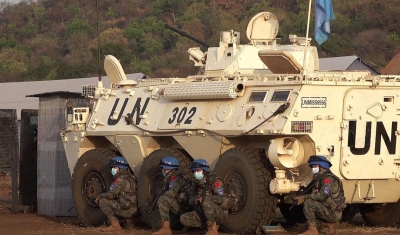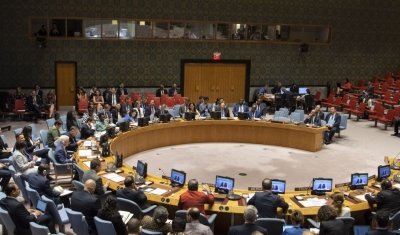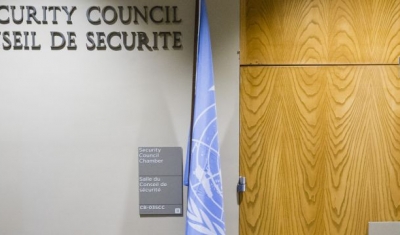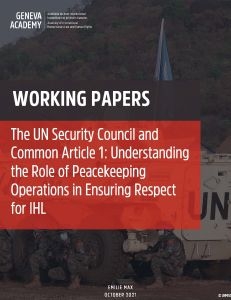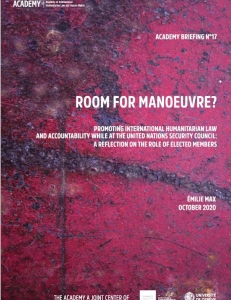The past few years have seen an increase in the United Nations Security Council (UNSC)’s focus on international humanitarian law (IHL), a trend that started before and goes beyond the 2019 commemorations of the 70th anniversary of the 1949 Geneva Conventions. In 2019, the UNSC notably adopted resolutions on missing persons in armed conflict, as well as on the situation of persons with disabilities in armed conflict and humanitarian emergencies (resolutions 2474 and 2475, respectively).
However, contrary to other thematic issues such as the rule of law or individual criminal accountability, little attention has been paid to the consistency – or lack thereof – of the UNSC’s practice in relation to IHL.
This project – carried out by Emilie Max – aimed at critically assessing how the UNSC has recently dealt with IHL.


